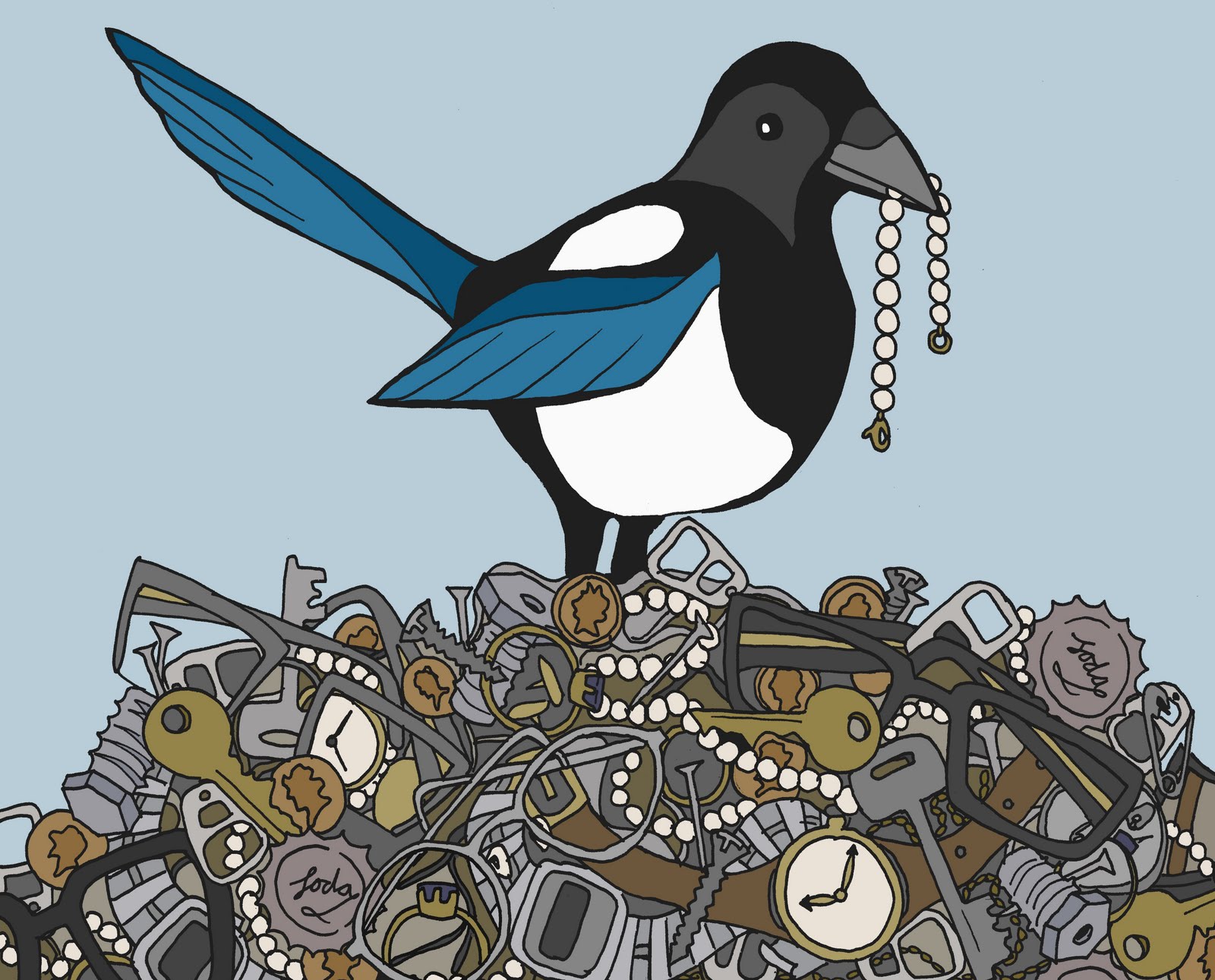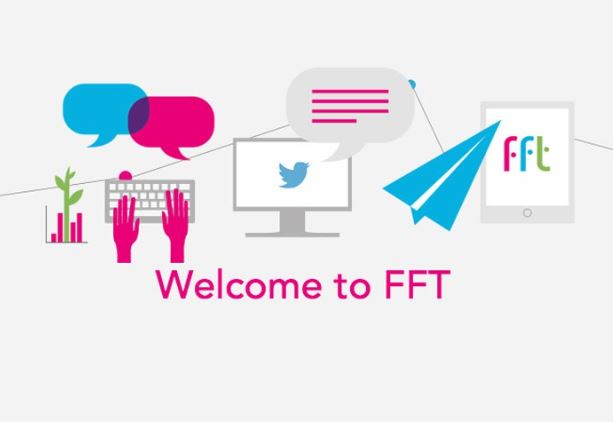We are all educational magpies aren’t we?
Last year the Teaching and Learning team encouraged our Executive Principal to turnover the Wednesday briefing to a Teaching and Learning briefing. There has been a range of applications; our VP sharing positive feedback examples, staff showcasing ideas or strategies, our Director of Inclusion sharing pupil updates, small group discussions, staff celebrations…
A new addition and first magpie’d came from one of our dedicated Progress Leaders. A simple way to encourage staff to get to know their students and navigate the mass of data that is available to staff.
This week’s competition is to name the students in year 7 with a CAT score of 120 or above (mean or individual score). The second part is to name the student in y07 with the best reading age and to state the student’s reading age. As before winners will receive their chocolate in Monday’s briefing. Good luck!
The second came from Twitter.
I’m thinking that it is a very easy idea to replicate.
Lastly, this may not be a magpie’d idea, but rather a signpost to an interview, I believe, is well worth your time. Put aside half an hour to listen to the Pivotal Podcast interview of Everol Halliburton – “Skills from the sharp end – tough kids meet terrific adults.” I listened to the interview on the way to a meeting, again, whilst writing this post.
There were many message. The key and often repeated message for me was that we need give learners the space to fail.
The opportunities to practice – get it wrong. Practice – get it wrong. Practice and eventually get it right.
We must understand the communicative intent of the behaviour. Every behaviour has a message. It is much harder to understand that message if there is no relationship.
I learnt from Everol’s the importance of being aware of myself as an adult, in an adult-young person relationship. Of the bias and frustrations being an adult, I bring to my interactions with young people. His interview raised my awareness of the potential impact of positive communications with parents of vulnerable learners on a) the young person, b) the parent and c) the relationship between young person and parent (however fleeting).
Lastly, I am going to magpie the phrase “emotional currency.” Build emotional currency as you never know when you may need to “cash-in” that investment.
[qr_code_display]


